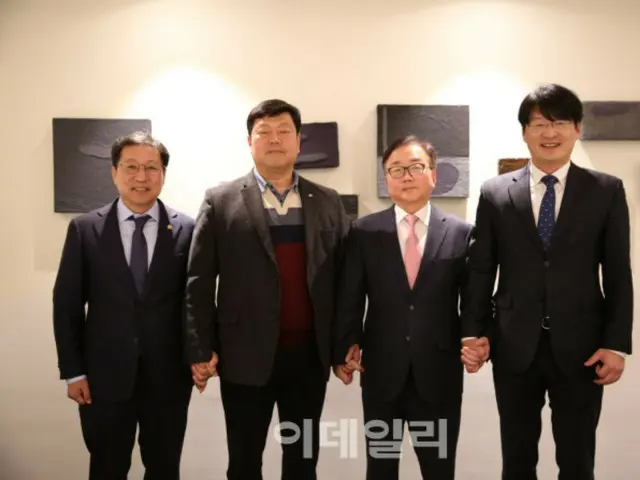A certain main committee meeting will be held. This is the first time that this committee has been held since the Yun Seo-gyul government took office. The Economic, Social, Labor and Welfare Committee consists of the chairman, standing members, the Minister of Employment and Labor, the Minister of Planning and Finance, and the Labor Committee5.
It consists of 18 members: 5 user committee members, and 4 public interest committee members. However, the Democratic Federation of Labor and Trade Unions did not participate, leaving one labor representative vacant and the council running with 17 members.
The labor-management government should establish special committees by topic, industry, and industry to specifically discuss the topics that have been coordinated through the deputy representative meeting of this committee.
It is scheduled to be voted on. There is also a possibility that stratified committees will be created to handle support for vulnerable groups, such as non-regular workers, young people, women, and small business owners.
Since November last year, labor and management have been under the leadership of Lee Sung-hee, vice minister of the employment ministry, and Kim Dok-ko, executive director of the Economic, Social, Labor and Welfare Committee.
For the 10th time, a deputy representative meeting was held, consisting of Commissioner Im, Ryu Ki-sub, Secretary-General of the Korean Federation of Labor, and Lee Dong-geun, vice president of the Korean Employers' Association, to coordinate the topics covered by this committee.
The committee's agenda was narrowed down to three topics: eliminating long working hours, responding to demographic changes, and creating sustainable employment for future generations. Specifically, work/life balance
The topics are expected to be addressed, including the introduction of continuous employment (a system that allows people to work beyond retirement age), eliminating job insecurity through industrial change, improving flexibility in the labor market, alleviating unfairness and disparities, and building symbiotic labor-management relations.
Shida.
2024/02/04 13:38 KST
Copyrights(C) Edaily wowkorea.jp 91

